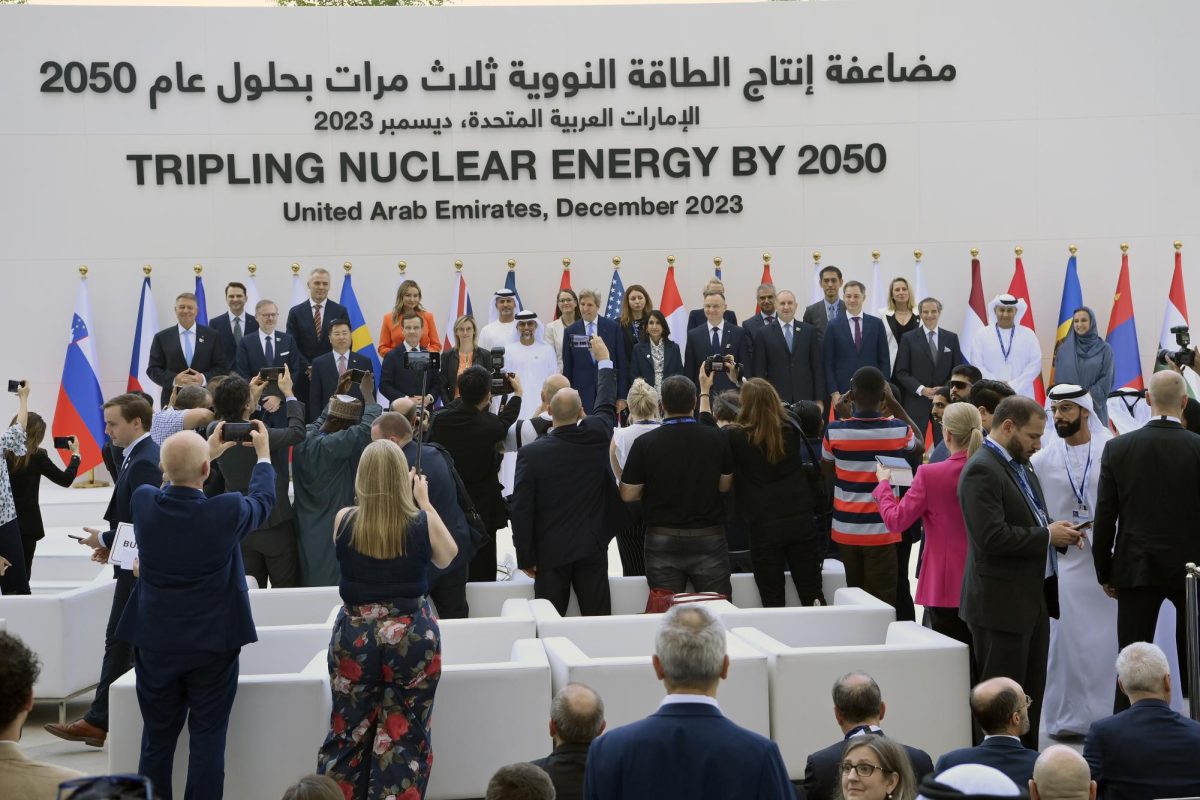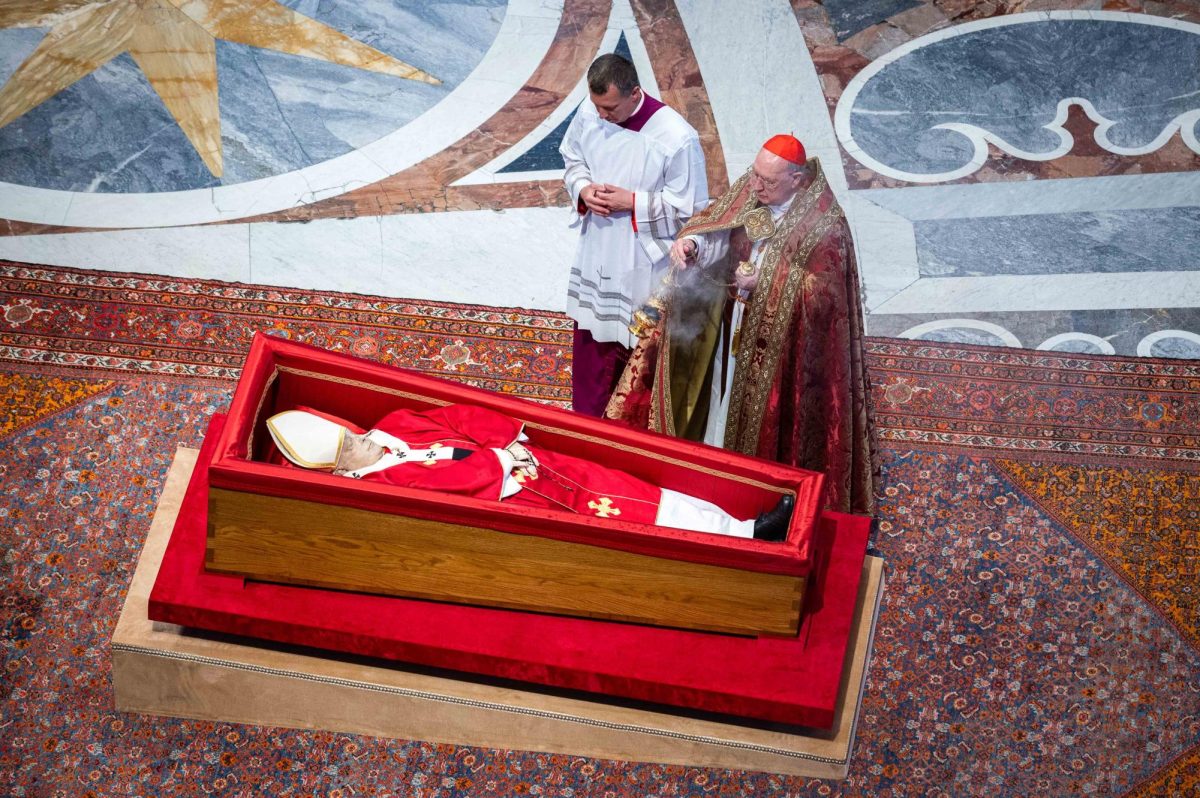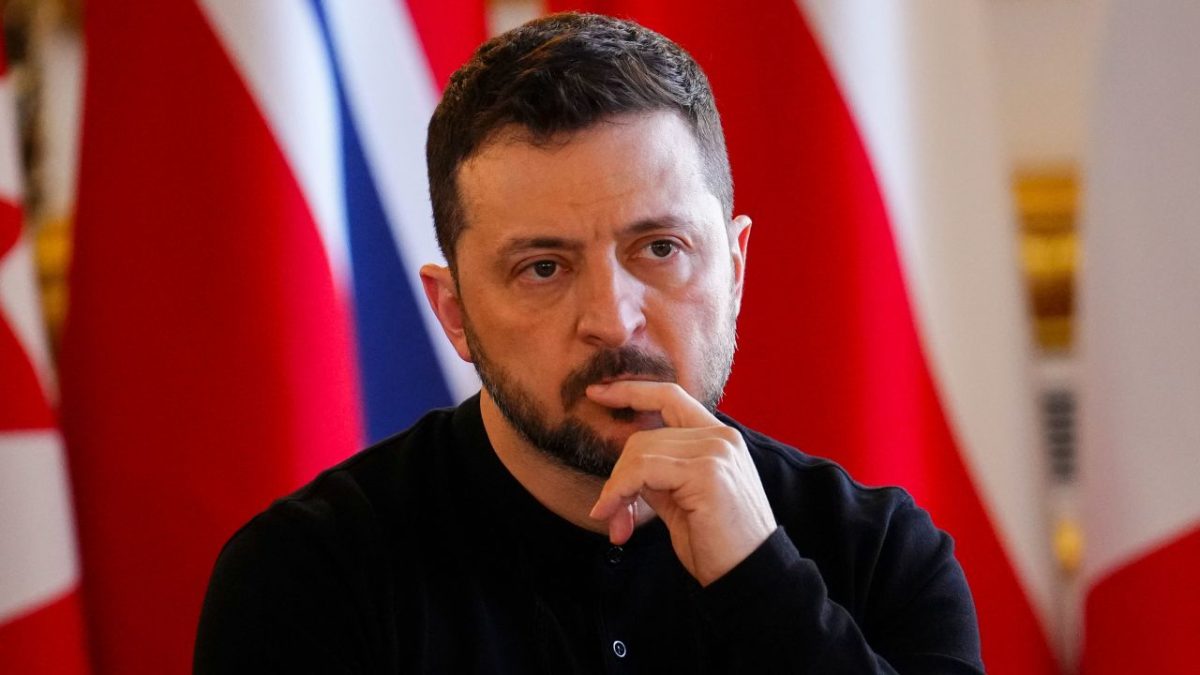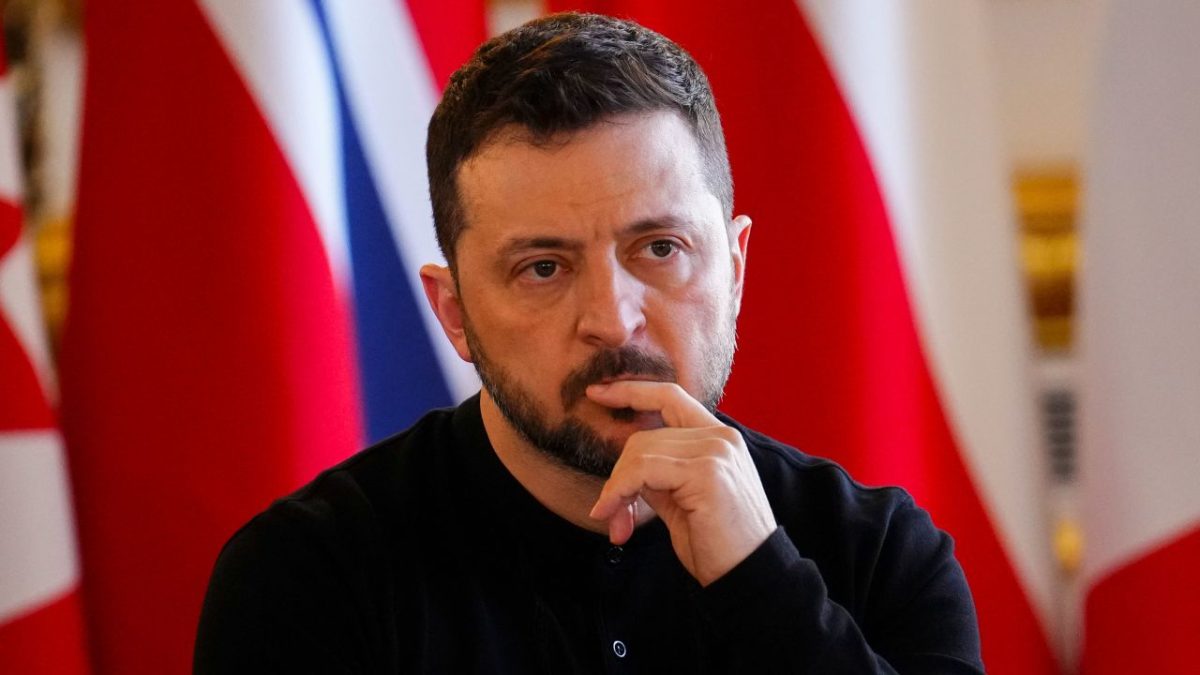The 28th Conference of the Parties to the United Nations Framework Convention on Climate
Change, also known as COP28, started on November 30th and ended on December 12th.
Each year, almost all countries send representatives to share their country’s plan on managing
climate change, their goals, and their progress. The main topics this year are switching to clean
energy, making their discussions and decisions inclusive, managing the amount of money they
are putting into this, and putting nature, people, and livelihoods first.
Change, also known as COP28, started on November 30th and ended on December 12th.
Each year, almost all countries send representatives to share their country’s plan on managing
climate change, their goals, and their progress. The main topics this year are switching to clean
energy, making their discussions and decisions inclusive, managing the amount of money they
are putting into this, and putting nature, people, and livelihoods first.
Scientists say that this year CO₂ from fossil fuels is expected to rise 1.1%, which is
equal to 36.8 billion tons, compared to 2022. The goal is to control global warming by keeping it
1.5 to 2 degrees celsius above pre-industrial temperatures. Fossil fuels have declined in 26
countries, including the United States, Brazil, Japan, and South Africa. Researchers say that just
supporting renewable energy isn’t going to help and there needs to be a law to really help.
This year is the hottest year ever recorded. The planet is on its way to get warmer by 3
degrees celsius. Scientists say that this would lead to climate disasters, like heat waves,
droughts, storms, and sea levels rising enough to wipe out coastal cities. The US is the second
biggest polluter of fossil fuels but has had a decline of 3% compared to 2022.
They have started a new fund to help countries that have been affected by climate
weather. Some countries that donated are Germany and United Arab Emirates, who each donated
$100 million, Italy and France, who each donated $109 million, United Kingdom with $76 million, Japan with
$10 million, and the US with $17.5 million. Climate activists say that the US’s donation was too
low, considering they have one of the biggest sources of greenhouse gasses in the world and a
large economy.
200 countries have approved an argument to move away from fossil fuels, but it isn’t legally
bound and doesn’t force countries to act. Nations that are most vulnerable to climate change
and European leaders wanted to completely get rid of fossil fuels, but Iraq, India, Saudi Arabia,
and Nigeria did not agree. They were worried that doing this would impact their income, which is
one of the biggest problems. They also asked for money from richer countries. Saudi Arabia
was the country that was most against it; the energy minister said that his country would not
support a deal that phases out or down fossil fuels.
Activists say that the deal isn’t enough because the agreement doesn’t stop countries from
having more fossil fuel emissions and there are many loopholes. Greta Thunberg, climate
activist, says that the deal is like “a stab in the back” and it wont prevent us from getting to the
1.5 degree limit.
There was a debate about who was going to host next year’s climate summit. It is
chosen a year in advance so they could start planning. Russia has tried to block any other
countries from hosting, and at first Armenia was against Azerbaijan hosting next year, but gave
in, and Azerbaijan has been announced as next year’s host.







